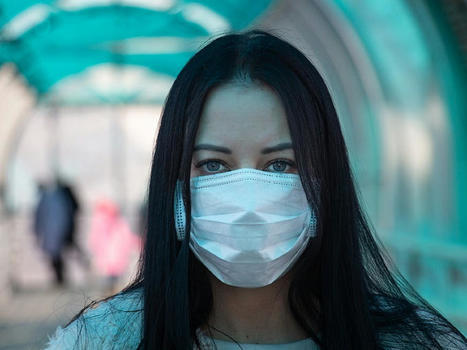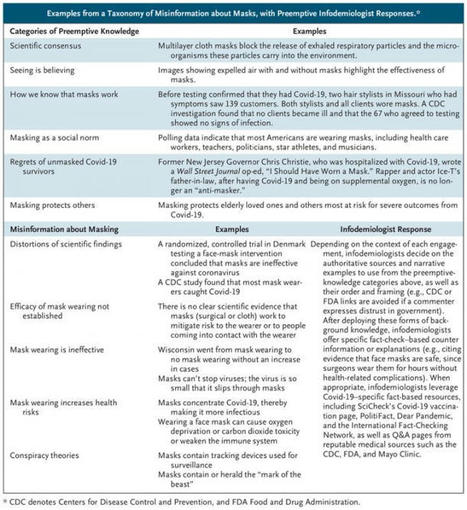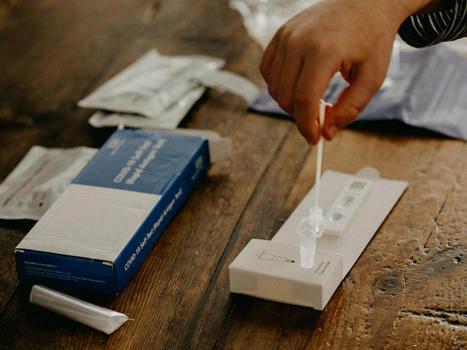social media for public health
- Filter by
- Categories
- Tags
- Authors
- Show all
- All
- .Social Media Healthcare
- #confinement
- #coronavirus #ehesp #covid19
- #covidtesting
- #EHESP
- #tousanticovid
- 2021
- ad based recruitment
- Addiction
- africa
- ai
- AI diagnostics
- AI for diagnostics
- AI for Epidemic Response
- AI for Pandemic Response
- ai in healthcare
- application
- article
- automation in healthcare
- av
- Bioinformatics
- blockchain
- business
- cancer
- cardiologie
- catastrophe sanitaire
- chatbots
- communication
- condition travail
- contact tracing
- containment strategy
- controlling disease outbreaks
- coronavirus
- covid
- covid management
- covid response
- covid_19
- COVID-19
- COVID-19 testing
- CoviD19
- covidoutcome
- crise
- critique
- cross country
- démographie médicale
- desert medical
- diabète
- digital contact tracing
- digital health
- digital health tools
- disease management
- disease outbreak
- documentation
- DRDO
- e-learning
- ehealth
- EHR
- EHR & EMR
- EHR & Health It
- ehr adoption
- EHR advantages
- EHR and IT
- EHR Assessment
- EHR checklist
- EHR COmputation
- EHR tools
- ehr use
- emergency care
- enquête
- epidemic response
- epidemics
- épidémiologie
- epidemiology
- épuisement professionnel
- esante
- esp
- étude
- evolution
- fake news
- formation
- France
- future
- gadgets
- genomics
- Global health
- HAS
- HCSM
- hcsmeufr
- healcaremhealthcare news
- Health
- health 2020
- health 2021
- health 2024
- health article
- health care
- health care and technology
- health care quality
- health education
- health innovations
- health it
- health2021
- healthAI
- Healthcare
- healthcare algorithms
- Healthcare and Technology
- healthcare consumerism
- healthcare social media
- healthcare technology
- HealthIT
- healthIT collaboration
- hipaa
- hipaa and corona
- hipaa and corona privacy
- hipaa and telemedicine
- hipaa application
- HIPAA Checklist
- HIPAA Compliant
- hipaa coronavirus
- hipaa regualtions
- hipaa regulations
- hipaa risk
- hipaa telehealth
- hipaa traning
- hygiène vie
- IA
- India
- indicateur santé
- infection
- infection diseases
- infectious diseases
- INFIRMIER
- infodemic
- infodemiologists
- Infodemiology
- information malade
- Infoveillance
- Innovation
- jmir
- m-learning
- machine learning
- maladie chronique
- medecin
- medicine
- medixcel
- medixcel control
- medixcel lite
- métier
- mhealth
- mhealth for epidemics
- microsoft
- misinformation
- ML
- mobile health apps
- mobile learning
- mobile training
- monde
- morbidité
- mortalité
- Mortality Prediction Tool
- NCD
- new normal
- nigeria
- noncommunicable diseases
- NTIC
- OMS
- online learning
- online Medical Education
- Online Medical Resources
- online training
- OpenWHO
- Other Healthcare Professionals
- outbreak management
- pandemic
- pandemic preparedness
- pandemic response
- Pázmány Péter Catholic University
- plus91
- politique santé
- post covid
- precision public health
- predictive analytics
- predictive framework
- preventing disease outbreaks
- prévention des risques
- profession
- profession santé
- public AS
- public CADRE
- public health
- public health awarenes
- public IDE
- questionaires
- rapport
- recherche documentaire
- recommandation
- Regenstrief Institute
- researchgate
- robotics
- RT-PCR
- santé mentale
- santé publique
- sars-cov2
- science
- screening
- sdoh
- Semmelweis University
- social media
- social media 2021
- social media and healthcare
- social media for epidemics
- social media for pandemics
- social media for public health
- SOFA
- Stacked Generalization
- statistiques
- stress
- study
- surveillance
- survey
- survey study
- technolgy
- technolgy and Healthcare
- Technological innovations
- Technology
- telehealth
- telehealth and corona virus
- telemedicine
- test
- Tiktok
- trace
- transport
- Transportation
- travel history
- triage
- Tsamardinos
- UPHO
- UVC Robots
- vaccine passport
- vidéo
- Wearable
- wearabletech
- WHO
- X-ray
- XRAY DIAGNOSTICS
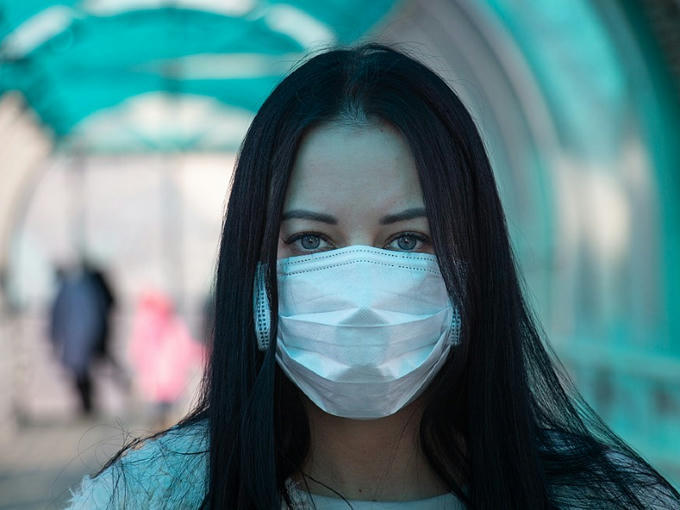
Public compliance with recommended guidelines to limit the spread of SARS-CoV-2 and COVID-19 is an important component in combating the disease .
Current guidelines suggest several measures, such as wearing a mask and staying at home; nonetheless, a large number of individuals fail to follow the guidelines provided by public health officials.
Public compliance to guidelines remains an issue
Public health campaigns aimed at curbing the spread of COVID-19 are important in reducing disease transmission, but traditional information-based campaigns have received unexpectedly extreme backlash.
Objective and Methodology: This study aimed to investigate whether customizing of public service announcements (PSAs) providing health guidelines to match individuals’ identities increases their compliance.
We conducted a within- and between-subjects, randomized controlled cross-sectional, web-based study in July 2020. Participants viewed two PSAs: one advocating wearing a mask in public settings and one advocating staying at home. The control PSA only provided information, and the treatment PSAs were designed to appeal to the identities held by individuals; that is, either a Christian identity or an economically motivated identity. Participants were asked about their identity and then provided a control PSA and treatment PSA matching their identity, in random order. The PSAs were of approximately 100 words.
Results: We recruited 300 social media users from Amazon Mechanical Turk in accordance with usual protocols to ensure data quality. In total, 8 failed the data quality checks, and the remaining 292 were included in the analysis. In the identity-based PSA, the source of the PSA was changed, and a phrase of approximately 12 words relevant to the individual’s identity was inserted. A PSA tailored for Christians, when matched with a Christian identity, increased the likelihood of compliance by 12 percentage points. A PSA that focused on economic values, when shown to individuals who identified as economically motivated, increased the likelihood of compliance by 6 points.
Conclusions: Using social media to deliver COVID-19 public health announcements customized to individuals’ identities is a promising measure to increase compliance with public health guidelines.
read the paper at https://publichealth.jmir.org/2021/4/e25762/
Lire l'article complet sur : publichealth.jmir.org
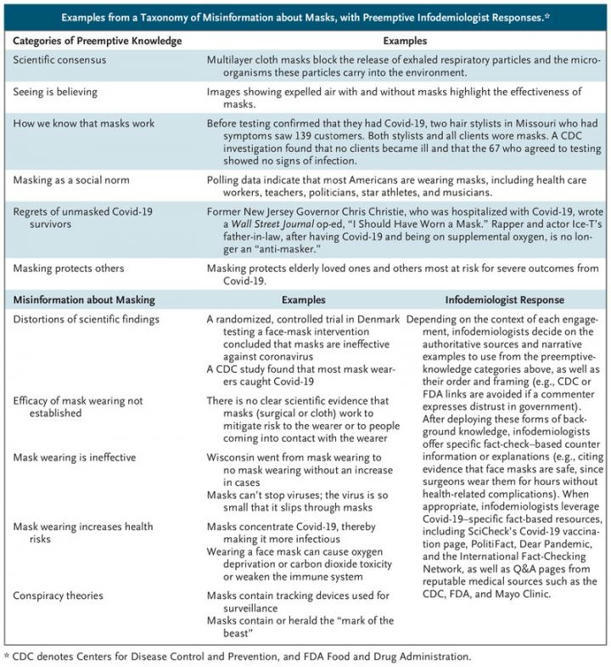
A group of science communication researchers proposes to treat the Covid-19 misinformation ''infodemic'' with the same methods used to halt epidemics: real-time surveillance, accurate diagnosis, and rapid response.
"We believe the intertwining spreads of the virus and of misinformation and disinformation require an approach to counteracting deceptions and misconceptions that parallels epidemiologic models by focusing on three elements: real-time surveillance, accurate diagnosis, and rapid response," the authors write in a Perspective article.
"The word 'communicable' comes from the Latin communicare, to share, to make common," said David Scales, M.D., Ph.D., of Weill Cornell Medical College and chief medical officer of the science-promoting nonprofit organization Critica. "What are the similarities between all the information shared on social media and communicable diseases? It's a helpful analogy in thinking through both of them."
Infodemiology is an area of science research focused on scanning the internet for user-contributed health-related content, with the ultimate goal of improving public health. The word "Infodemiology" was defined by Gunther Eysenbach in the early 2000s,
Infoveillance is a type of syndromic surveillance that specifically utilizes information found online
Detecting and halting misinformation
In their article, the authors recommend a series of steps to "halt such misinformation cascades":
Surveillance. Since "an overwhelming amount of misinformation and disinformation circulates on social media," sensitive surveillance systems need to be triggered before information goes viral. Companies such as Facebook should provide researchers with de-identified data on the spread of misinformation. "Lack of access to such data is the equivalent of a near-complete blackout of epidemiologic data from disease epicenters,"
read the paper "The Covid-19 Infodemic — Applying the Epidemiologic Model to Counter Misinformation" at https://www.nejm.org/doi/full/10.1056/NEJMp2103798
read more at https://www.eurekalert.org/pub_releases/2021-05/appc-ttc051321.php
Lire l'article complet sur : www.eurekalert.org
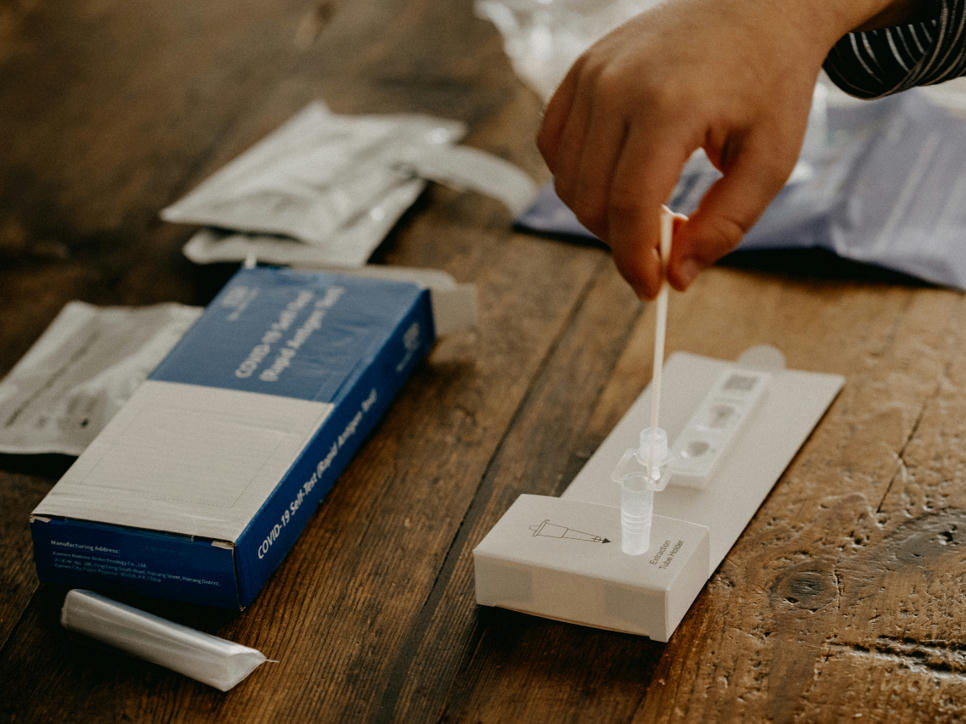
Social media is a popular source of information about health, including COVID-19 and testing information. One of the most popular communication channels used by adolescents and young adults who search for health information is TikTok—an emerging social media platform.
Objective: The purpose of this study was to describe TikTok videos related to COVID-19 testing.
Methods: The hashtag #covidtesting was searched, and the first 100 videos were included in the study sample. At the time the sample was drawn, these 100 videos garnered more than 50% of the views for all videos cataloged under the hashtag #covidtesting.
The content characteristics that were coded included mentions, displays, or suggestions of anxiety, COVID-19 symptoms, quarantine, types of tests, results of test, and disgust/unpleasantness. Additional data that were coded included the number and percentage of views, likes, and comments and the use of music, dance, and humor.
Results: The 100 videos garnered more than 103 million views; 111,000 comments; and over 12.8 million likes. Even though only 44 videos mentioned or suggested disgust/unpleasantness and 44 mentioned or suggested anxiety, those that portrayed tests as disgusting/unpleasant garnered over 70% of the total cumulative number of views (73,479,400/103,071,900, 71.29%) and likes (9,354,691/12,872,505, 72.67%), and those that mentioned or suggested anxiety attracted about 60% of the total cumulative number of views (61,423,500/103,071,900, 59.59%) and more than 8 million likes (8,339,598/12,872,505, 64.79%). Independent one-tailed t tests (α=.05) revealed that videos that mentioned or suggested that COVID-19 testing was disgusting/unpleasant were associated with receiving a higher number of views and likes.
Conclusions: Our finding of an association between TikTok videos that mentioned or suggested that COVID-19 tests were disgusting/unpleasant and these videos’ propensity to garner views and likes is of concern. There is a need for public health agencies to recognize and address connotations of COVID-19 testing on social media.
read the study report at https://publichealth.jmir.org/2021/6/e29528/
Lire l'article complet sur : publichealth.jmir.org


